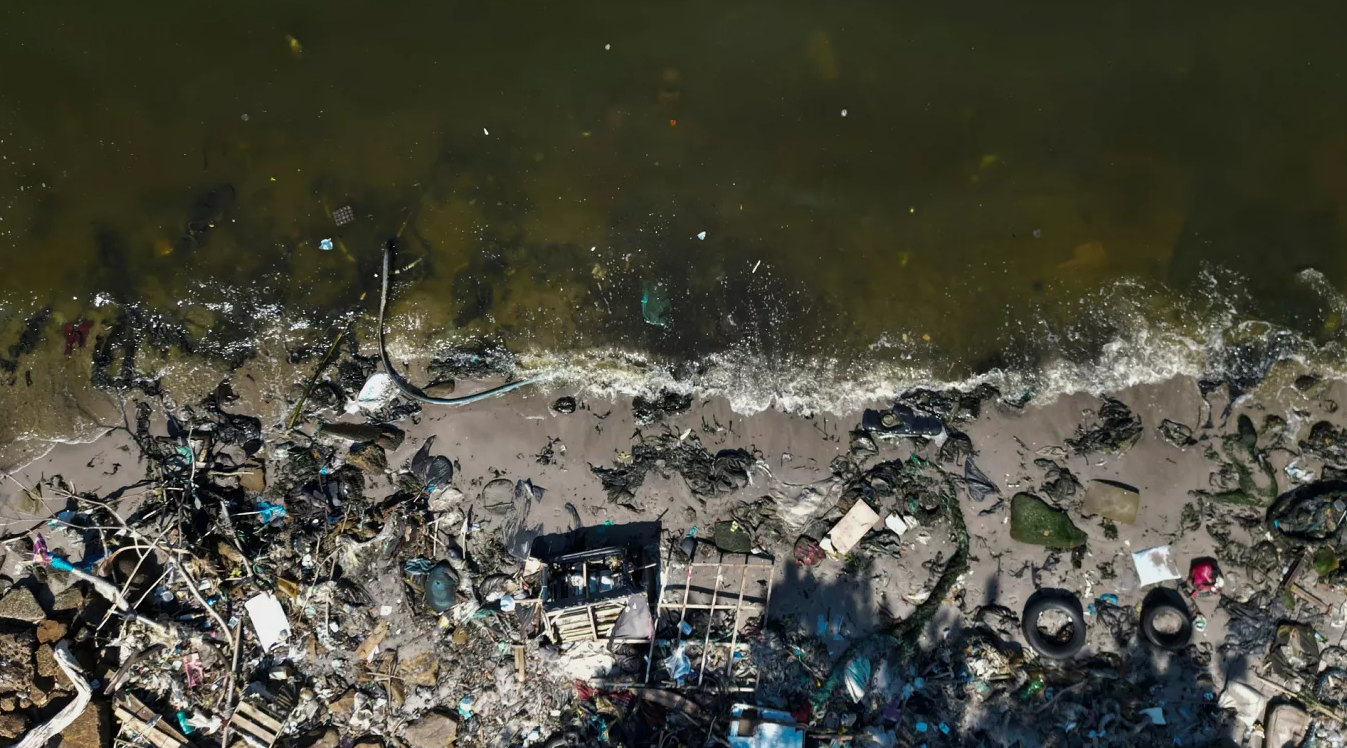
The joint declaration—coined the Nice Wake-Up Call—urges that any future treaty must address the entire lifecycle of plastics, from production to waste. It outlines five core demands: reducing harmful plastic production, eliminating problematic chemicals, improving product design, securing implementation mechanisms, and ensuring the treaty can evolve over time.
"A treaty that lacks these elements, only relies on voluntary measures, or does not address the full lifecycle of plastics will not be effective," the declaration states.
Pressure mounts ahead of Geneva negotiations
The show of unity comes ahead of the next round of treaty negotiations, due to resume in August in Geneva. Talks broke down in late 2024 in South Korea amid sharp divisions between countries advocating for plastic phaseouts and those—primarily oil-producing nations—focusing on recycling and waste management instead.
Speaking in Nice, French Minister for Ecological Transition Agnès Pannier-Runacher rejected the idea that recycling alone could solve the crisis. "Better waste management and recycling will not help solve the problem. This is a lie," she said, calling for comprehensive, binding measures to curb plastic production itself.
EU Environment Commissioner Jessica Roswall echoed the call for consensus. "We must approach the resumed negotiations through dialogue and a willingness to find common ground," she said.
A treaty seen as vital for ocean health
Plastic pollution is a central issue at UNOC, where countries are seeking to accelerate ocean protection. Secretary-General António Guterres reminded leaders that plastic waste is "choking our oceans" at an unprecedented rate.
"Every year, over 400 million tonnes of plastic is produced worldwide—one-third of it for single use. Every day, the equivalent of over 2,000 garbage trucks of plastic waste ends up in our rivers, lakes, and oceans," he said at the opening of the summit on Monday.
Plastic production is on track to triple by 2060, yet only 9% is currently recycled. Around 11 million tonnes of plastic enter the ocean each year, making up an estimated 80% of all marine debris.
‘This must be the floor, not the ceiling'
Environmental campaigners say the Nice Wake-Up Call should be seen as the baseline, not the upper limit of ambition.
"For the Global Plastics Treaty to succeed, Member States must move beyond vague promises and deliver clear, legally binding measures based on human rights," said Andrés del Castillo, senior attorney at the Center for International Environmental Law.
"Come August in Geneva, political statements will not be enough. Member States must be ready to stand up to petrostate and fossil fuel interests. Their actions—not their words—will determine the outcome."